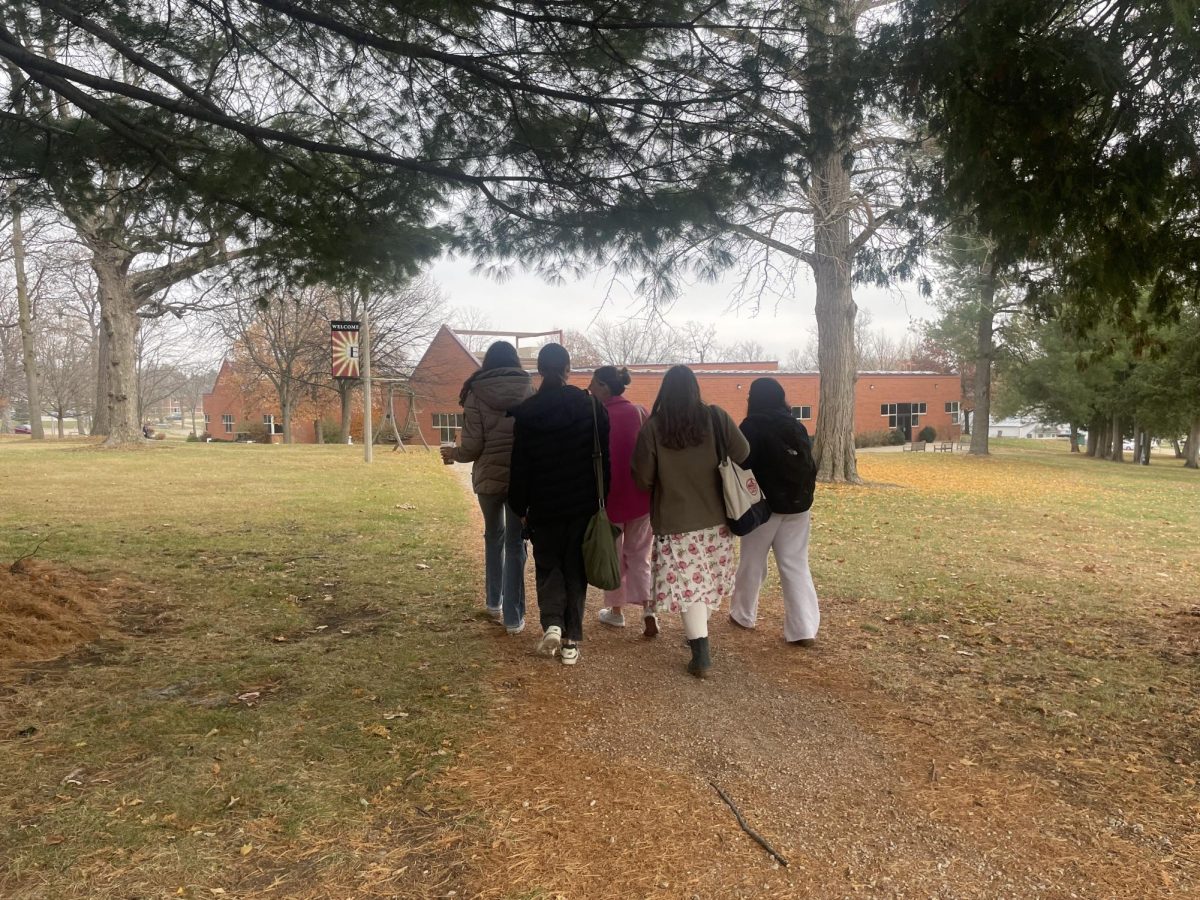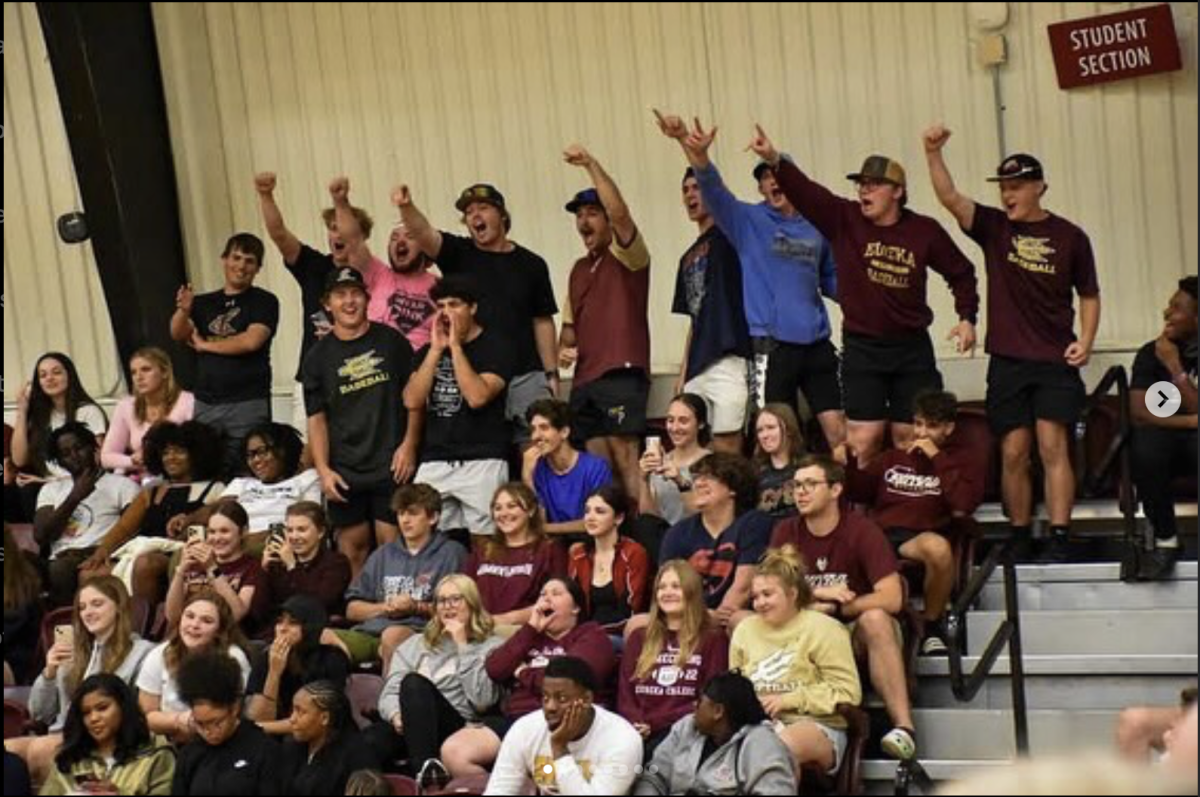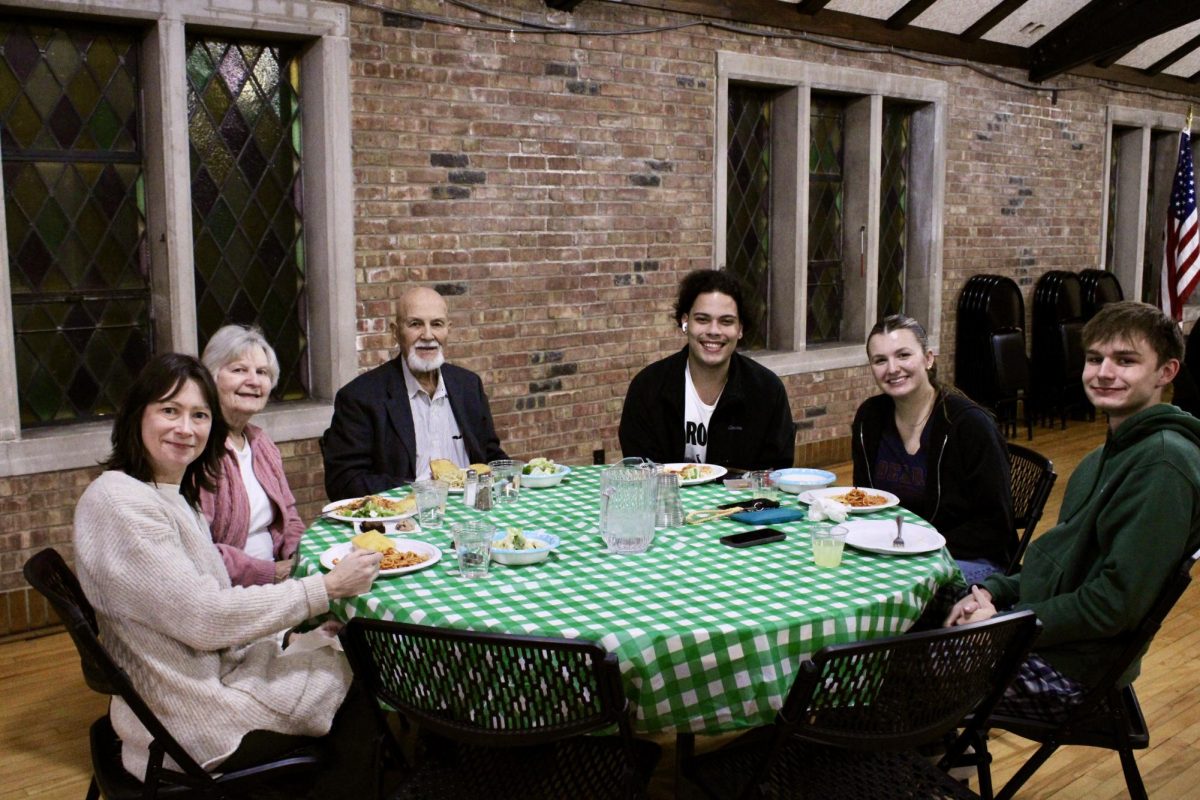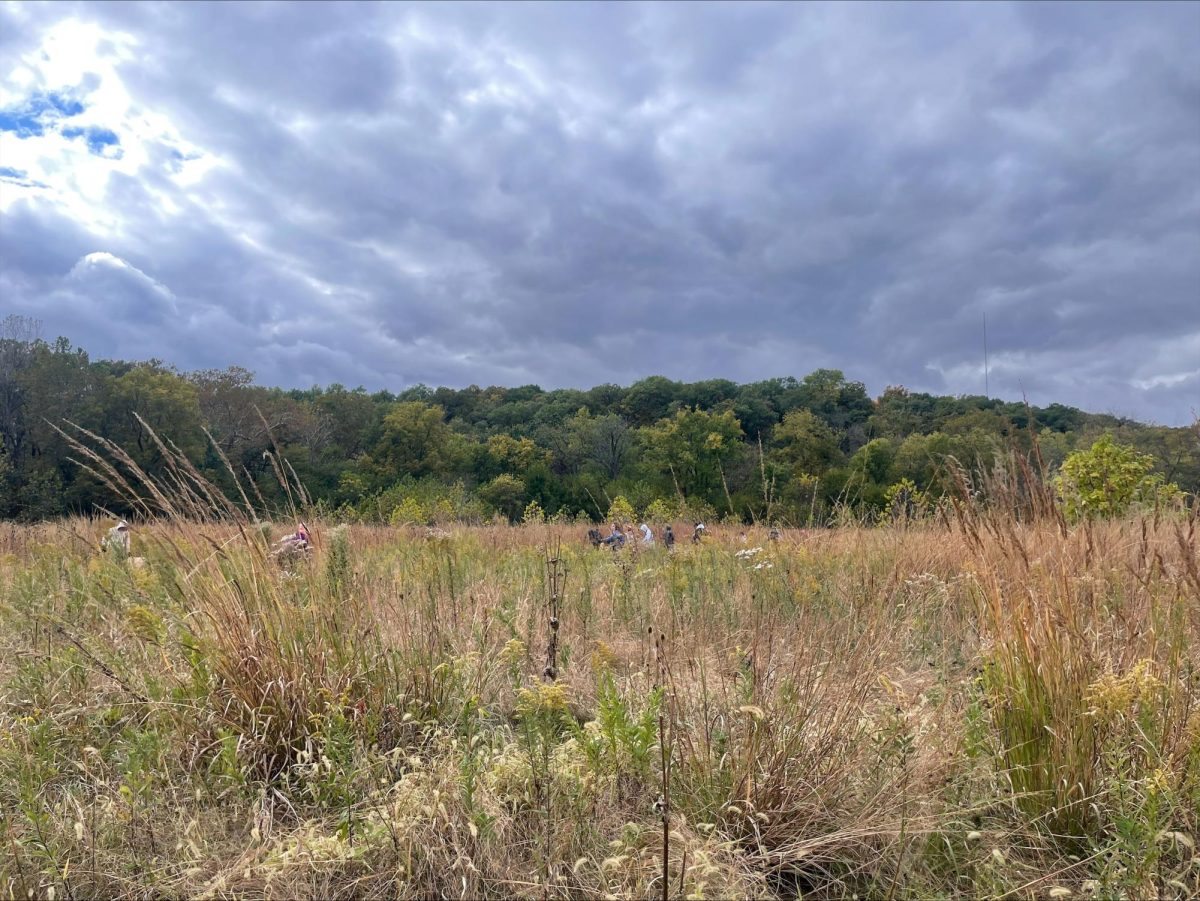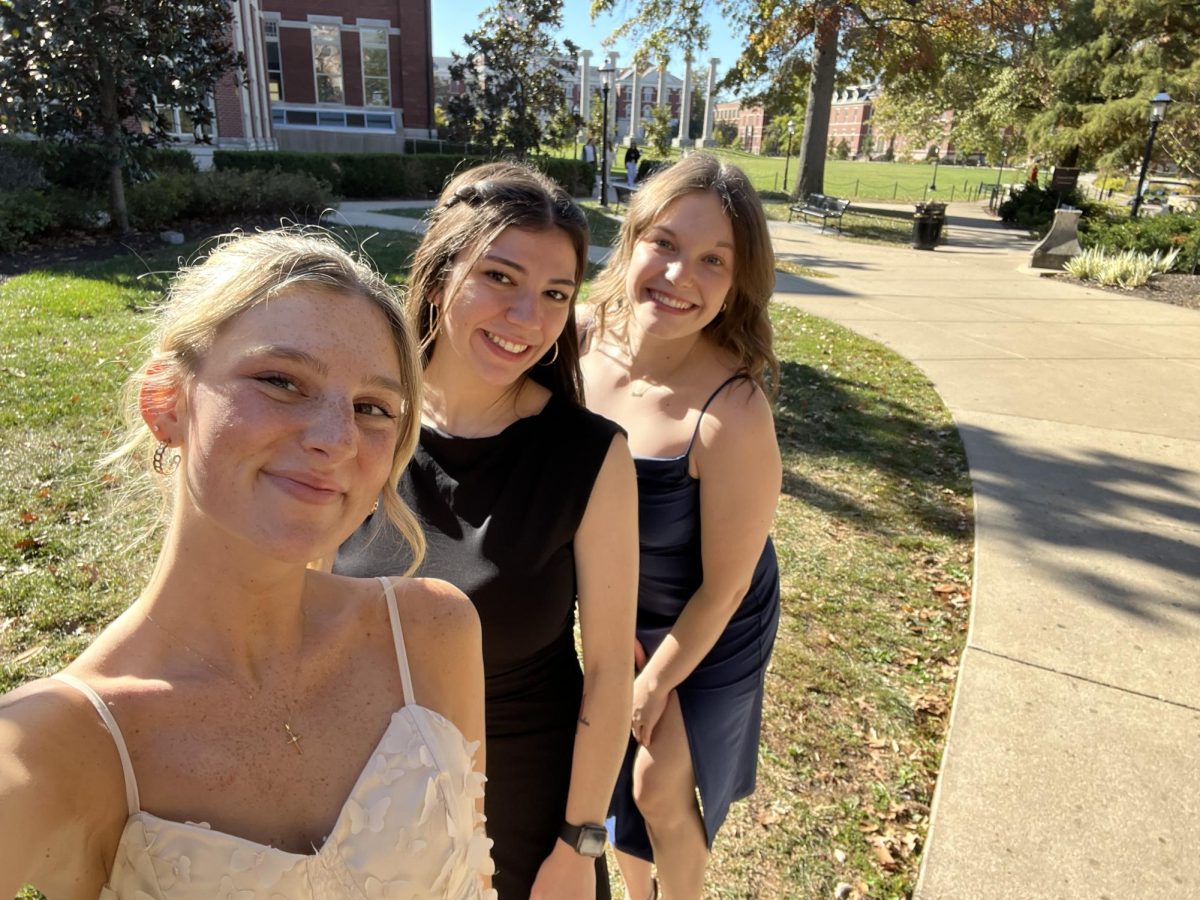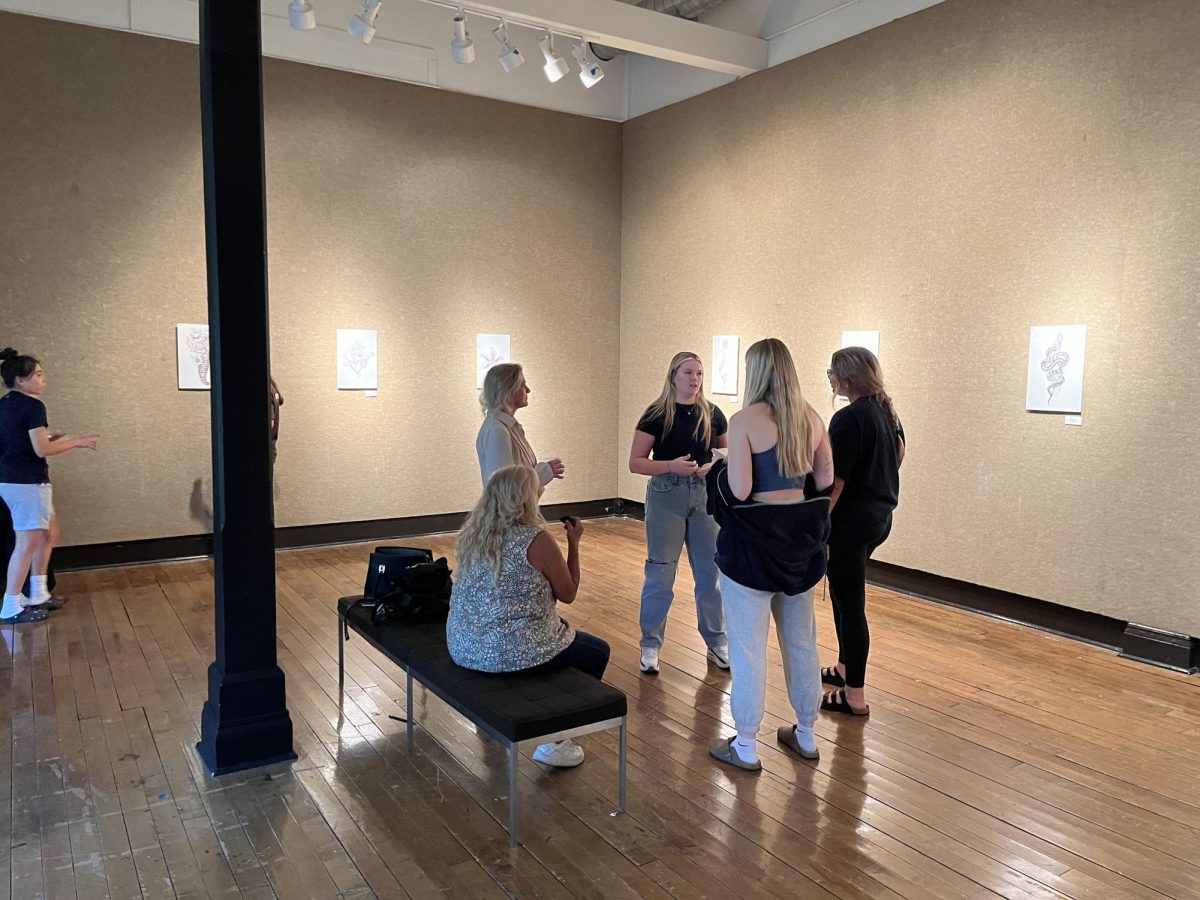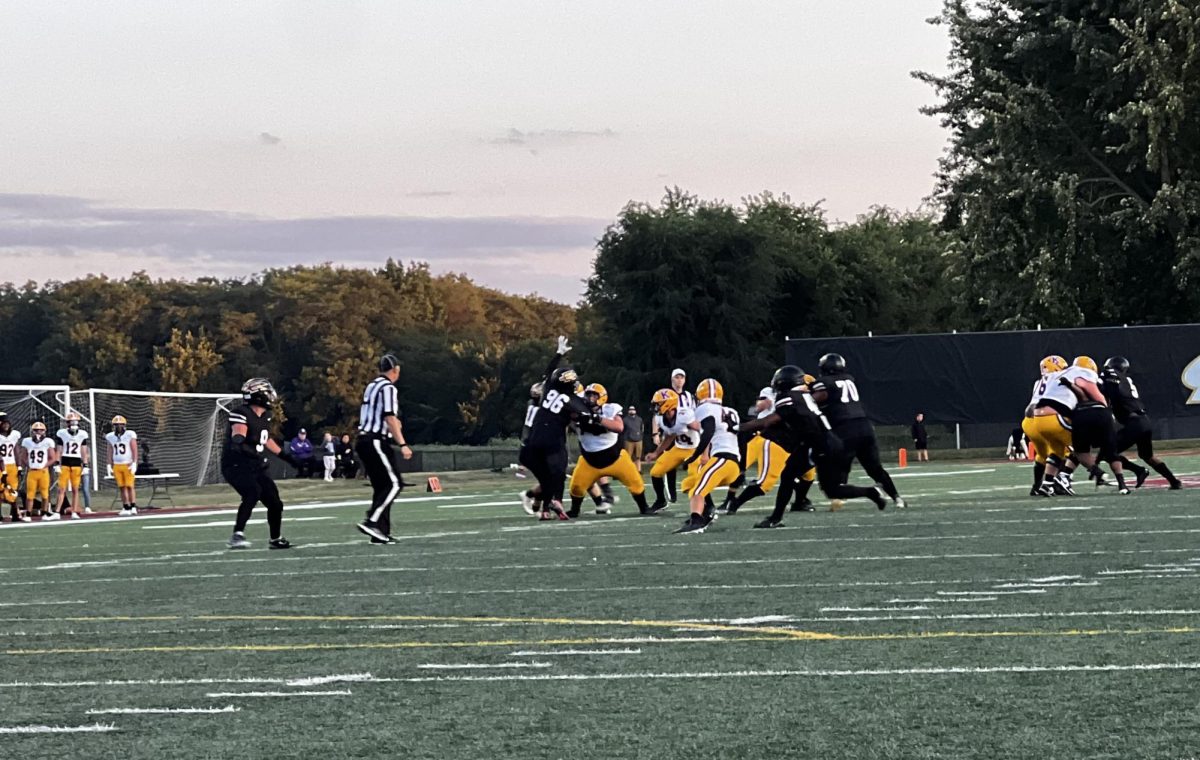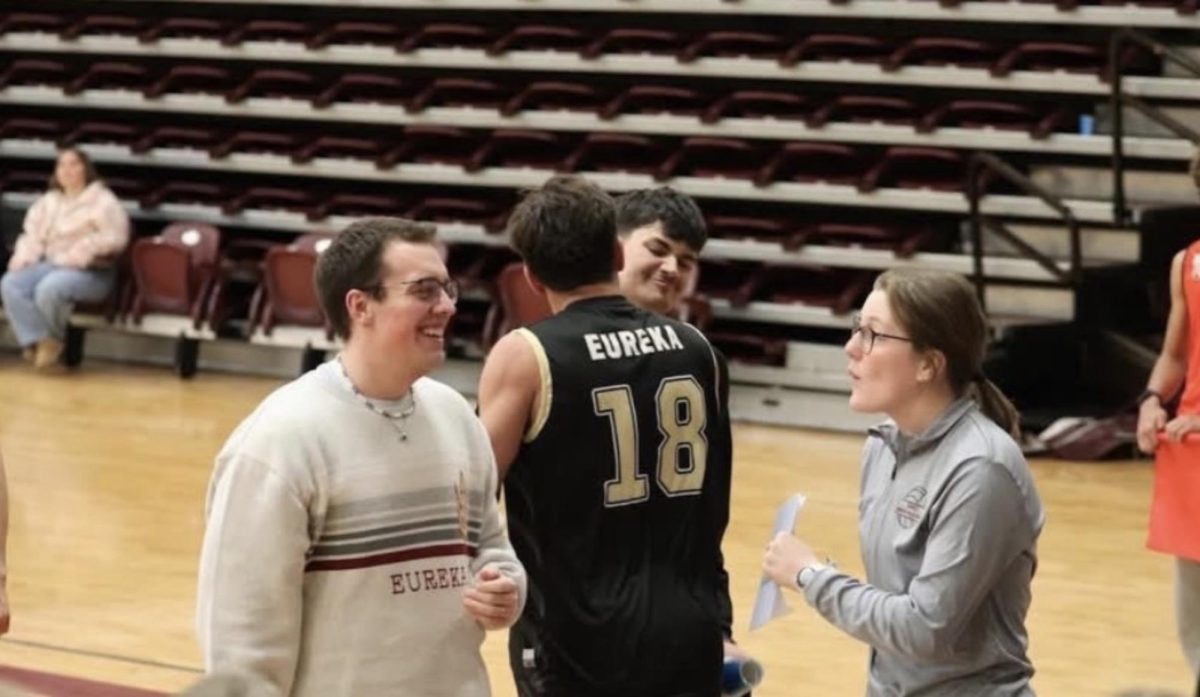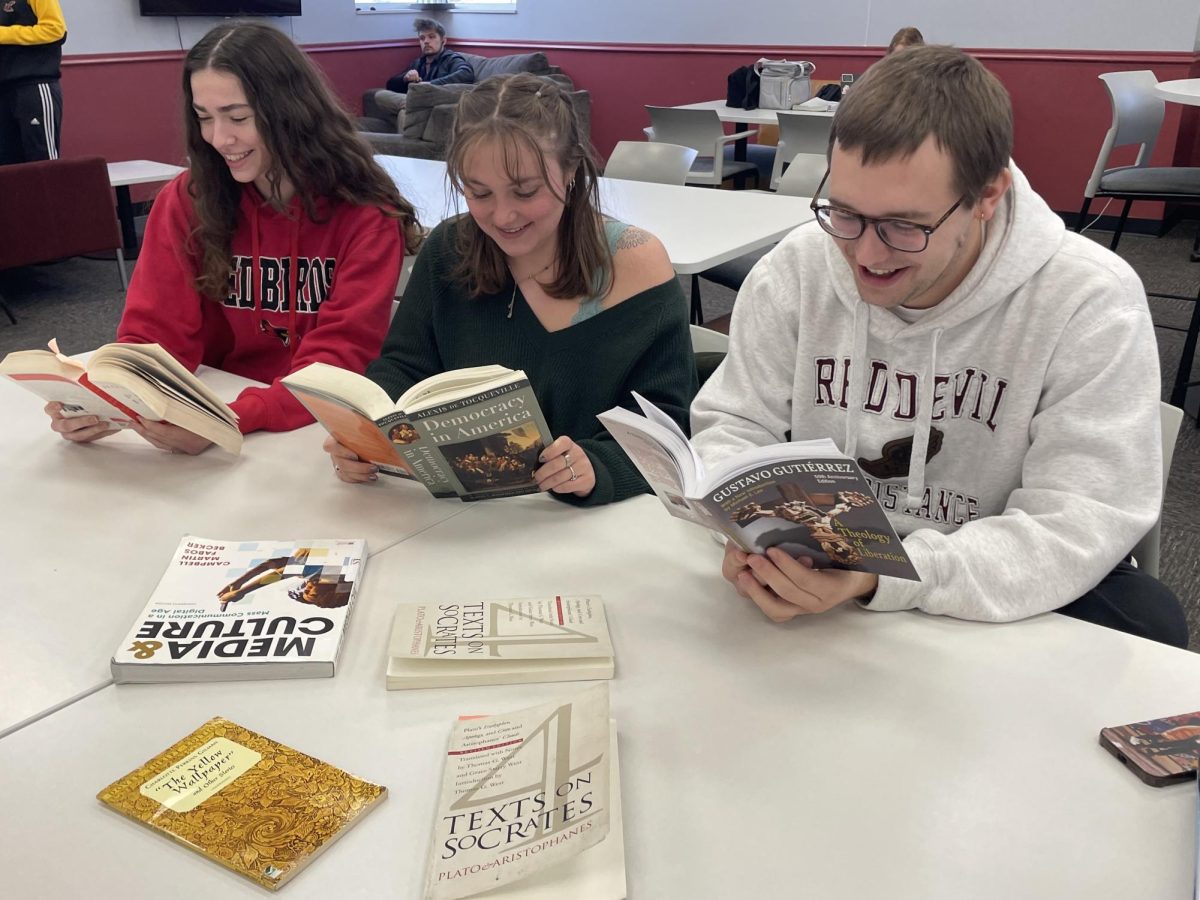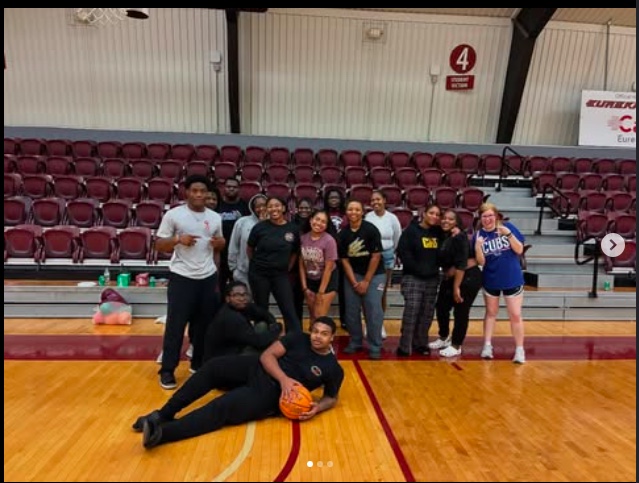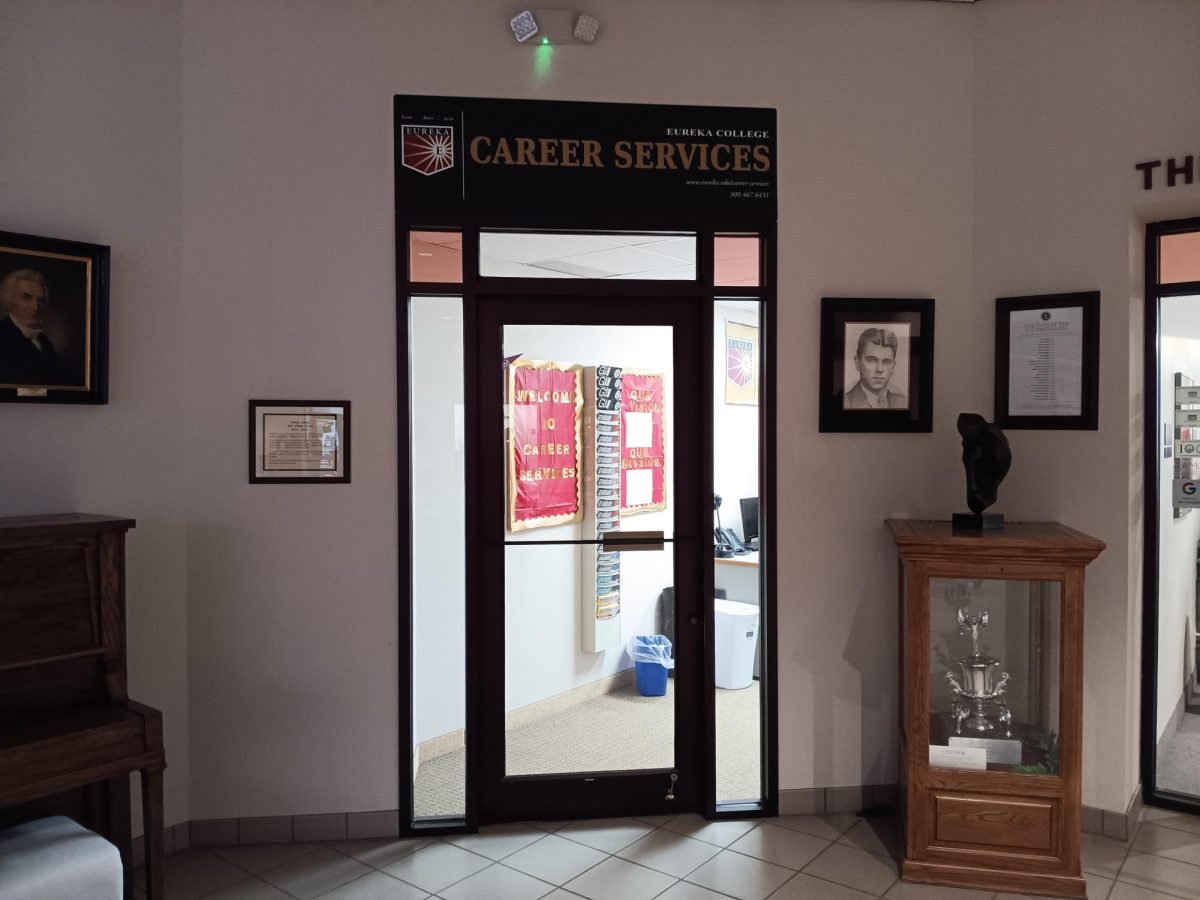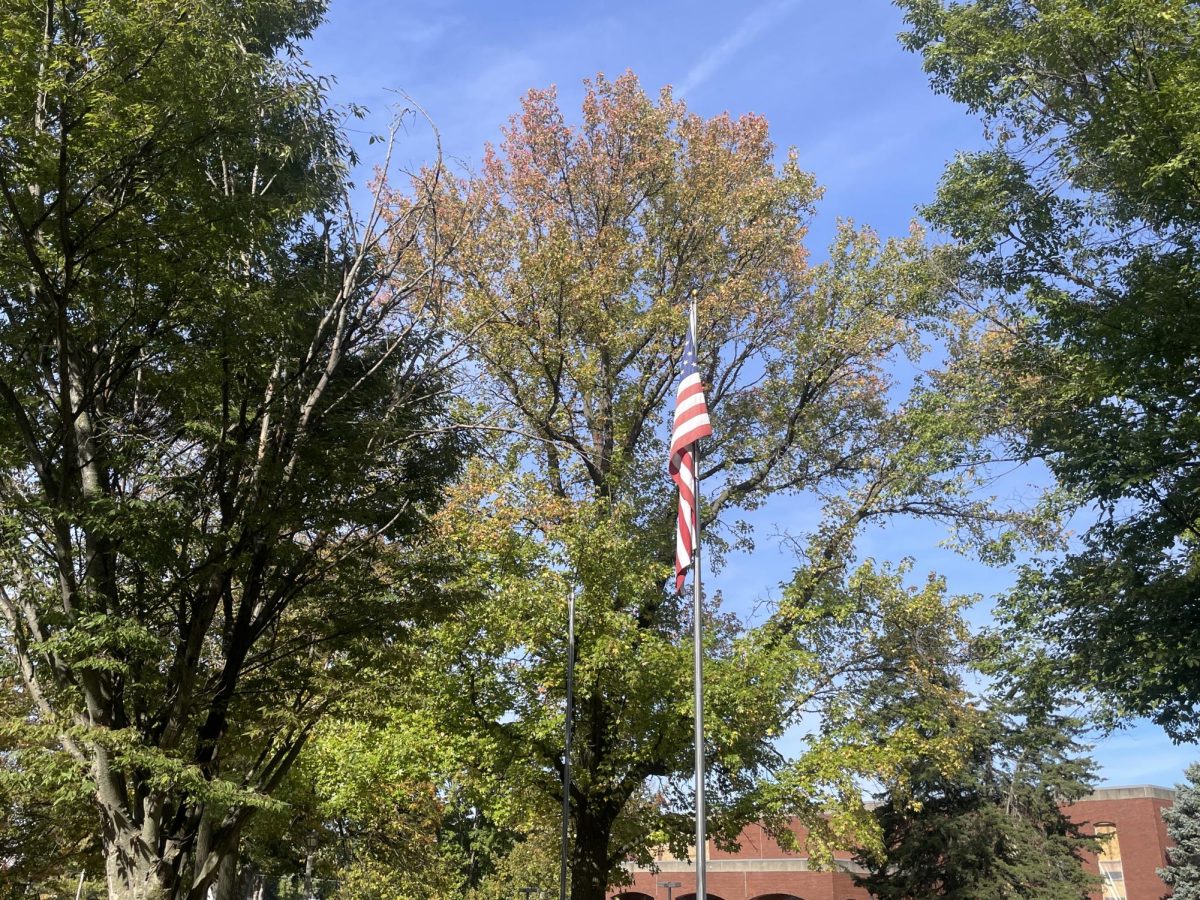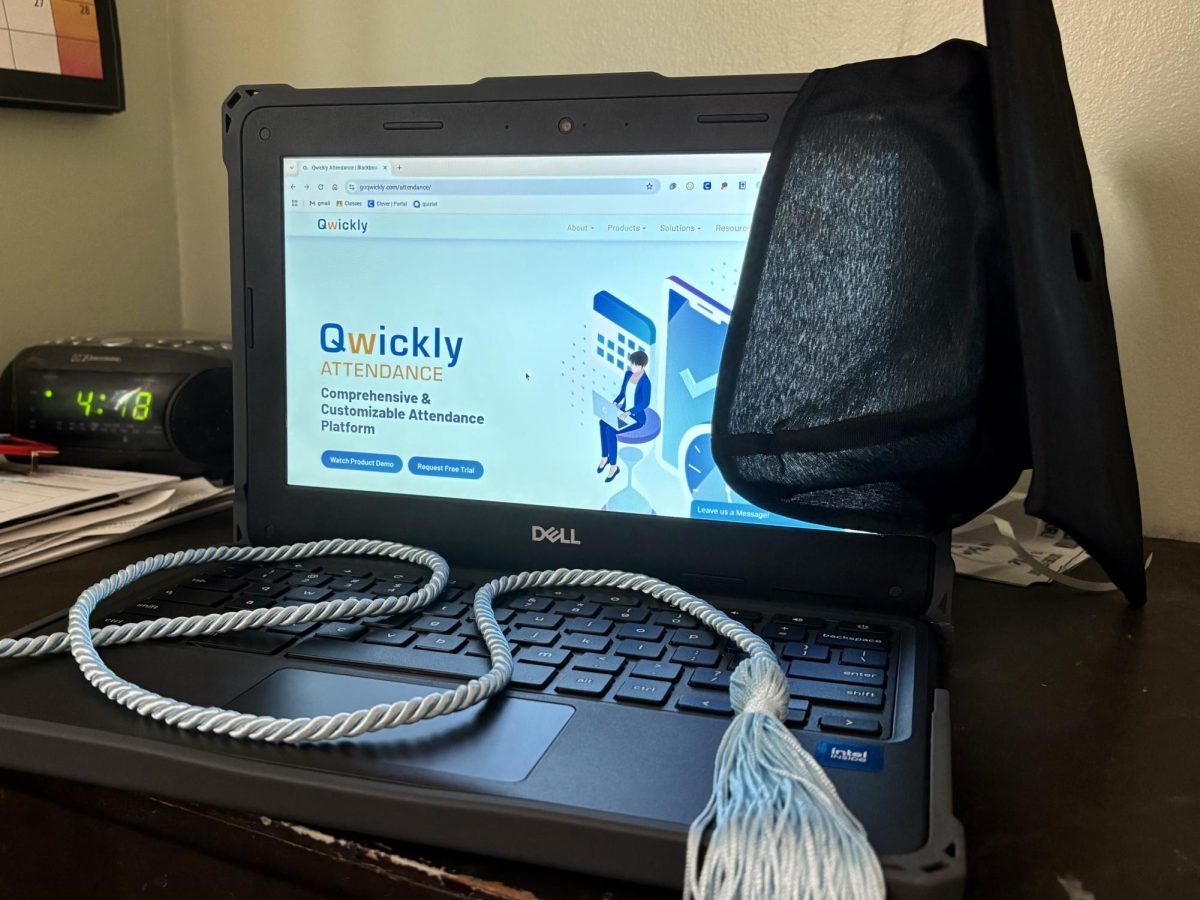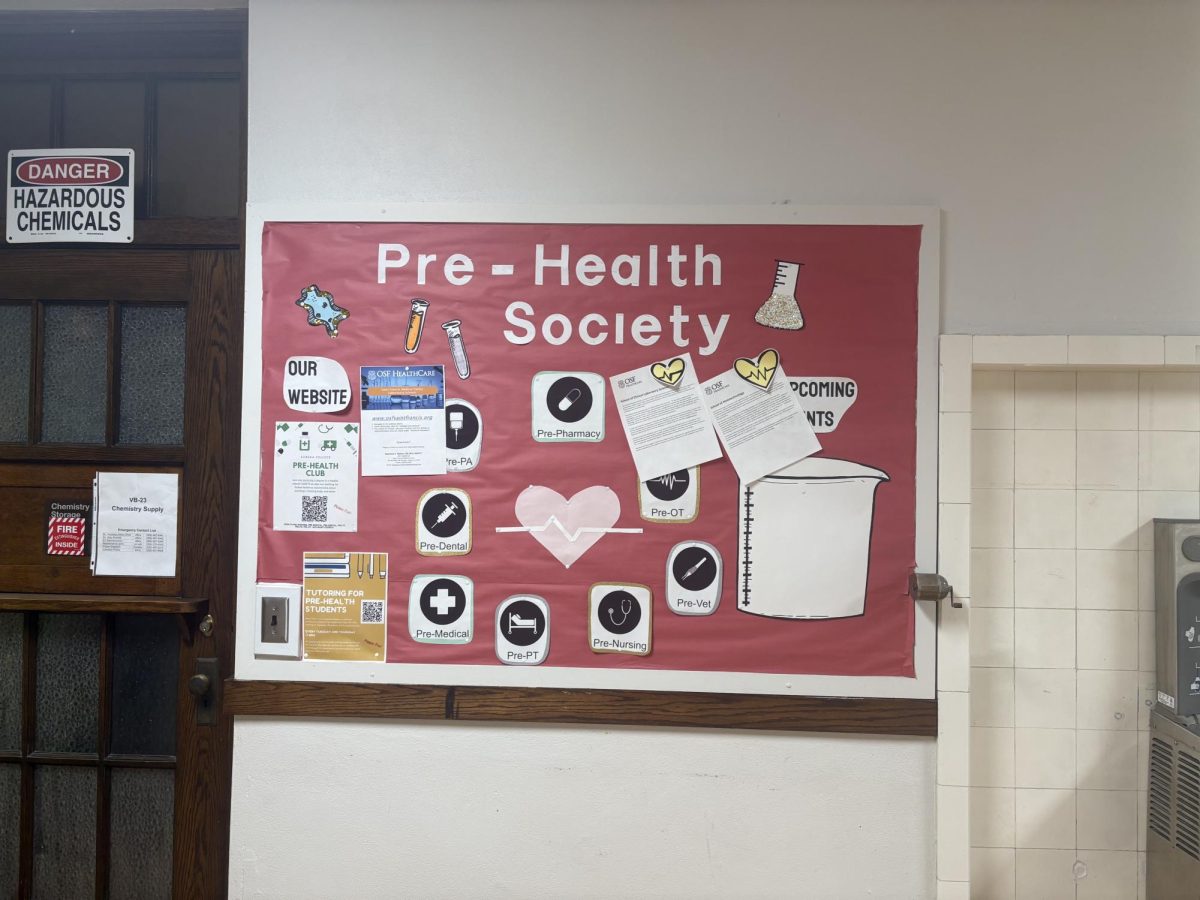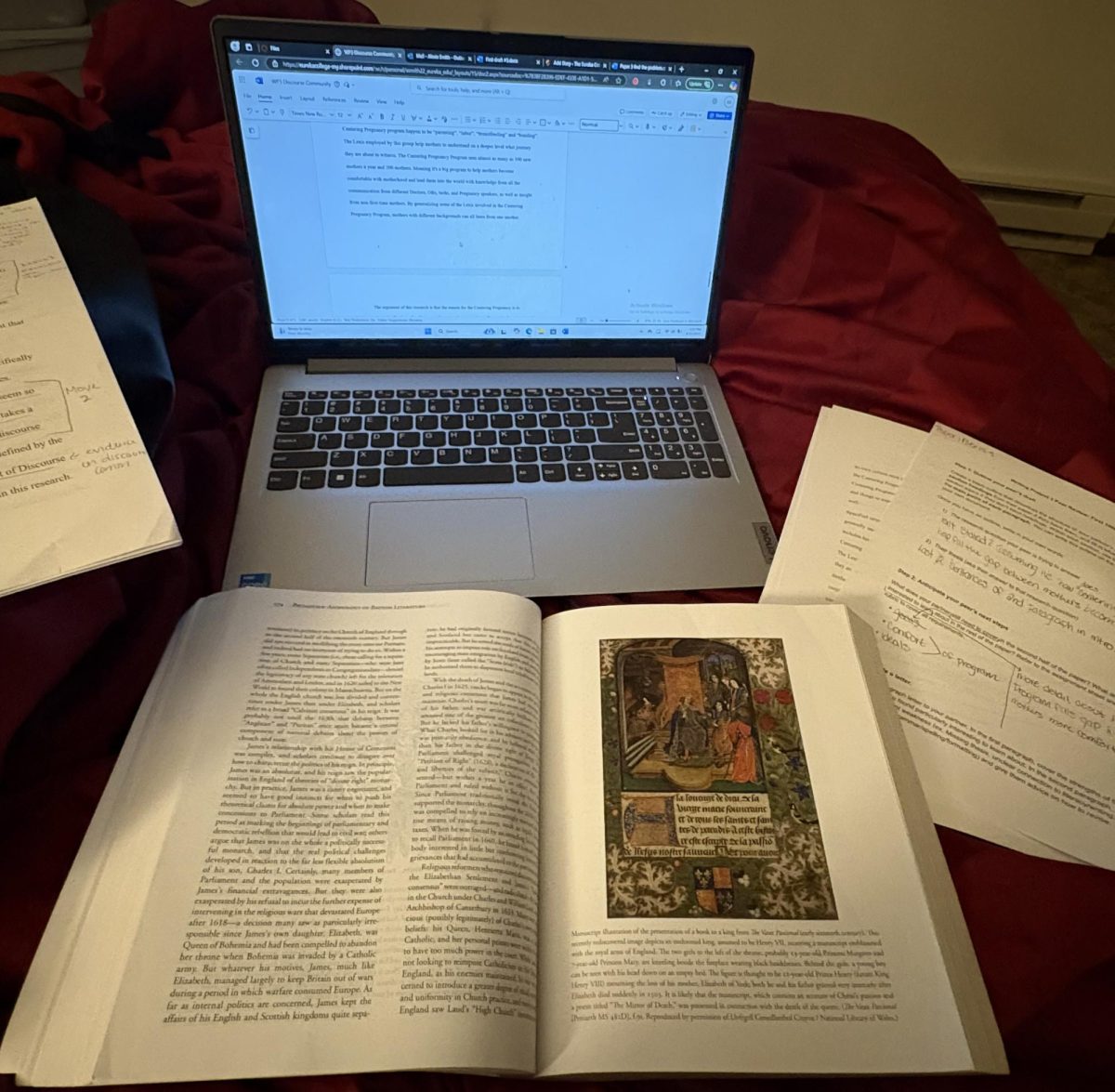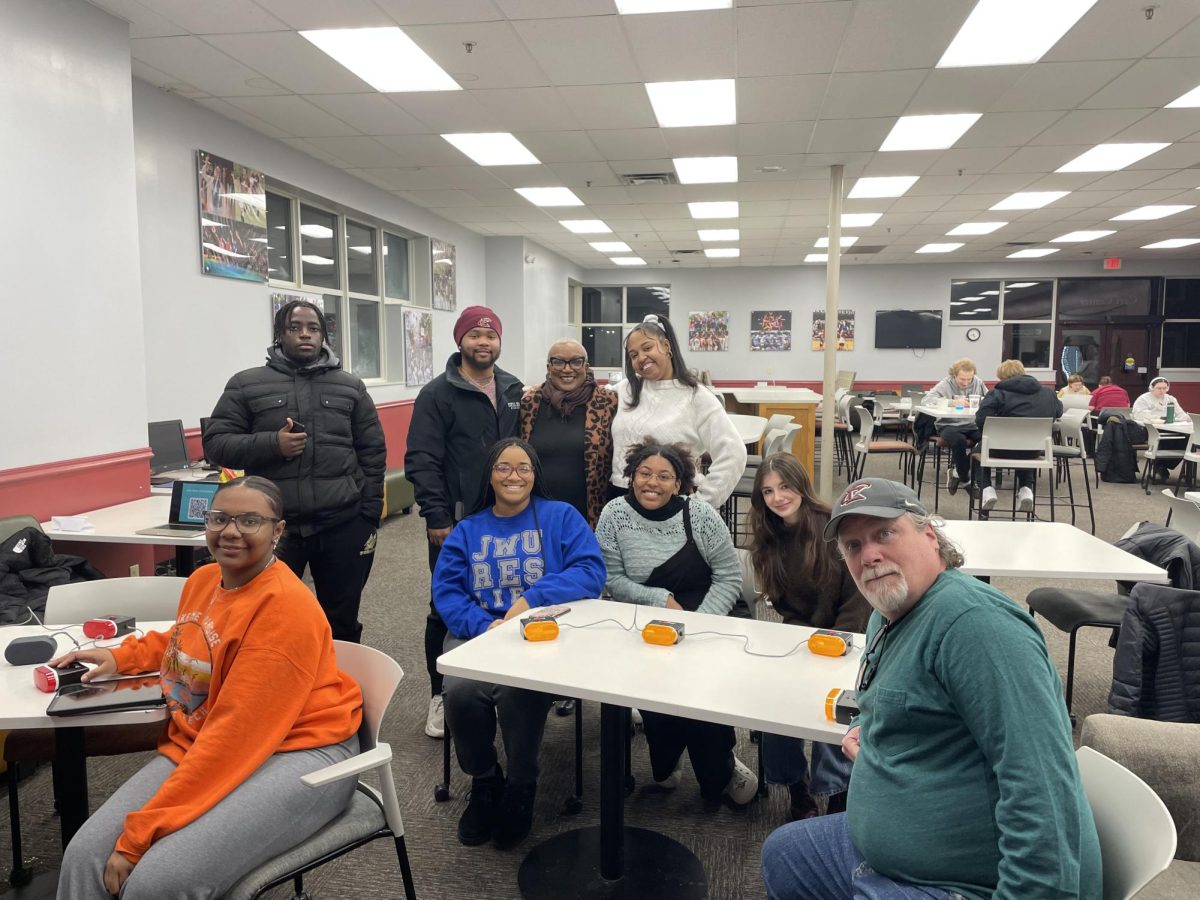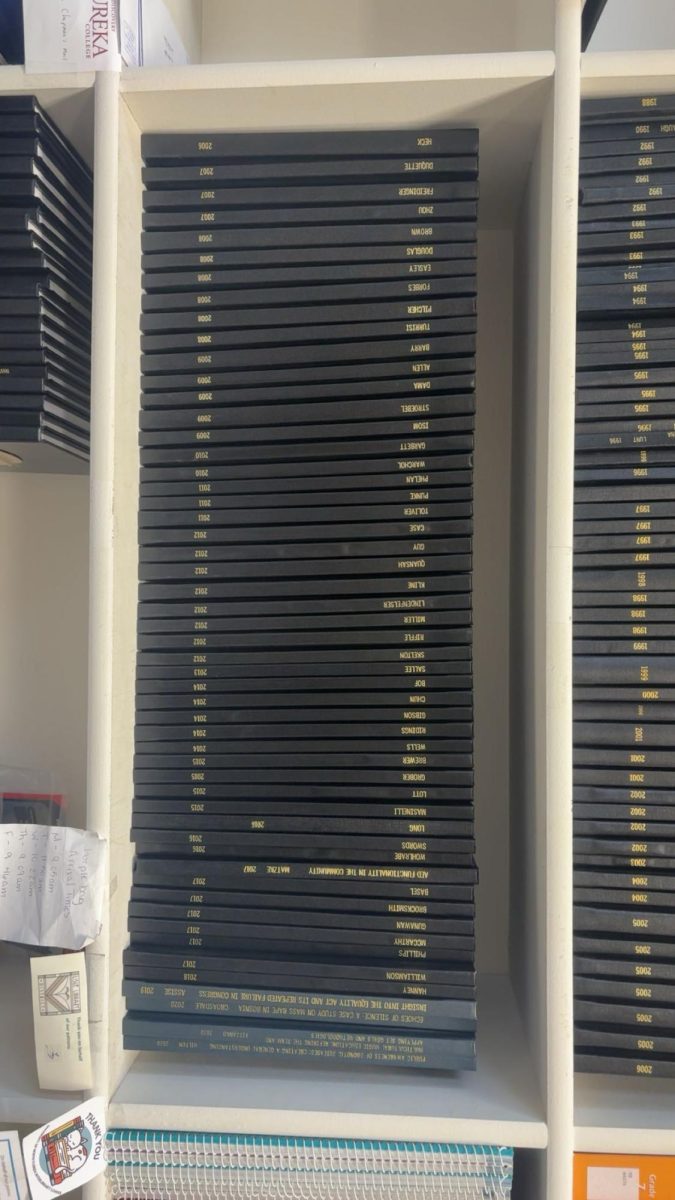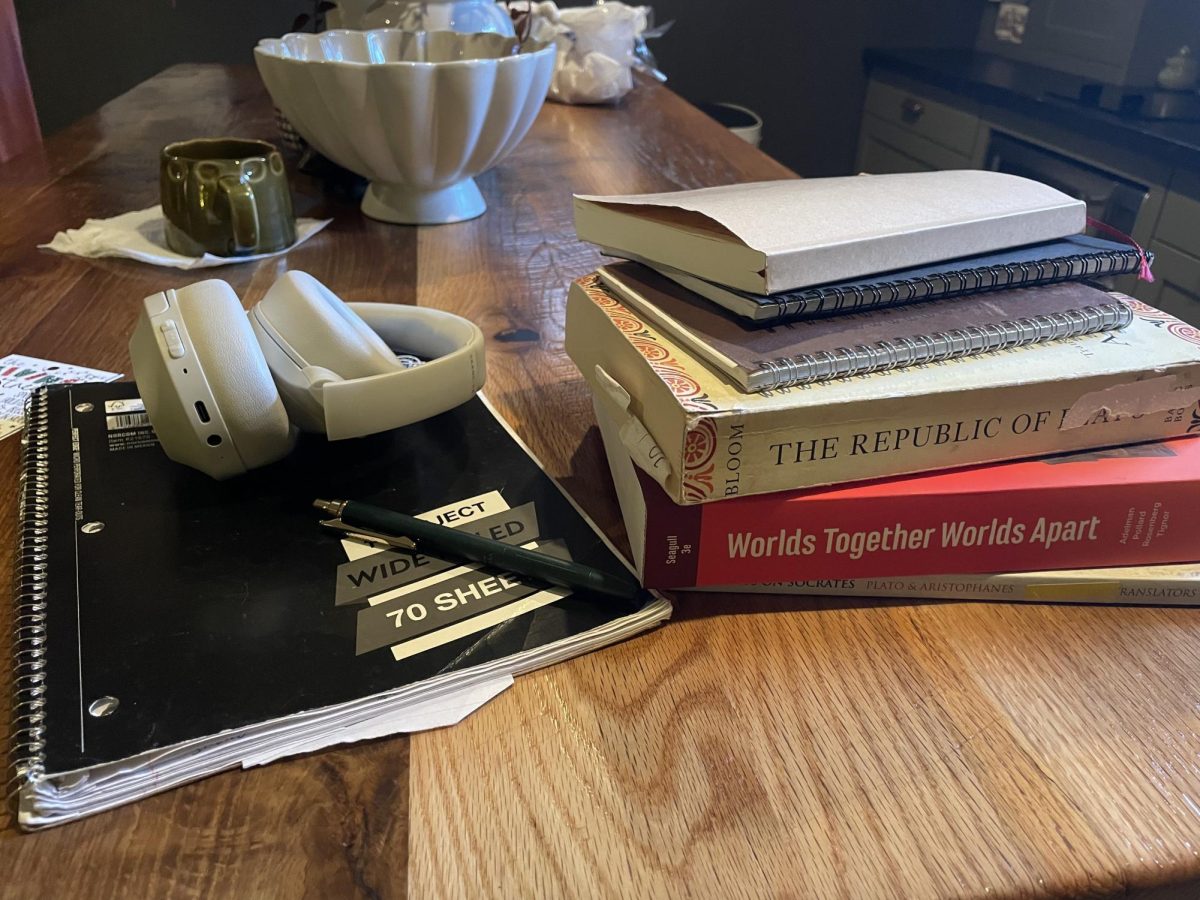On January 7, 2025, an article concerning the culture surrounding reading at Eureka College was published on WGLT. The article, titled A new position at Eureka College speaks to evolving challenges in higher education, reveals the college’s decision to hire a reading specialist after identifying students struggling to understand college-level material.
Assistant professor of post-colonial literature, Dr. Kate Harlin, has been teaching at Eureka since 2020, and has witnessed first-hand students struggling with reading and understanding material.
The decline of reading became prominent after the COVID-19 pandemic. “Virtual school where you have to stare at a screen for 8 hours a day is definitely not conducive to sitting down and concentrating on the deep work of reading,” Harlin said.
However, the global pandemic isn’t the only reason for a decline in reading across the U.S. “There’s been a lot of discussion in the media about the way reading is taught at the K-12 level that has shifted because of different educational policies that your generation has been learning under, which has emphasized different ways of teaching,” Harlin said.
The recognition of changes in the early school system places less blame on struggling students and introduces the foundation to reexamine how reading is taught.
The Provost of Eureka College, Dr. Ann Fulop, has been a part of the team working to hire a reading specialist to assist students. “We wanted somebody who is well schooled in the science of reading, and knows the pedagogical techniques to teach adults reading and knows how to diagnose different challenges with reading,” Fulop said.
Across the country, reading and math skills have been on a decline, starting at the elementary level. An article published by USA Today reports that both 4th and 8th grade testing scores have dipped, resulting in long-term negative effects on student’s academic abilities. Early education builds a foundation of learning for students, and if they don’t receive the help they need early on, they can fall further behind as they progress throughout their education.
To benefit their students, teachers and professors alike have taken to altering course curriculum at all grade levels.
Harlin teaches a wide range of English courses, starting with introductory 100 levels. In order to make courses appropriate for different levels of student learning, the selection criteria for course reading has changed. “I teach fewer full books and novels than I used to, and I tend to choose books that can be easily broken down into smaller sections, things that look kind of like short story collections. I think that encouraging coming up with a daily practice of reading before you’re having to commit to a 350 page novel is a better idea, so I save some longer works for upper-level courses,” Harlin said.
Outside of material, more classroom-level initiative has been taken in order for students to succeed. “I do much closer, more concentrated readings of smaller selections in class. We really take some time to make sure we know exactly what is happening in a piece, and I give a lot more strategies for keeping track of reading,” Harlin said. “Every time I assign reading, I assign some sort of way to keep track of reading, which is more structured than I used to make it.”
Although this step may seem foreign to some, Eureka College isn’t the only school struggling. This nation-wide issue has been growing in prominence for the past six years, with K-12 and higher education alike being affected. Hiring a reading specialist compares to initiatives similarly implemented at Eureka to improve student success. The learning center offers writing assistance, math tutoring, and other learning resources to improve student academics. Although students can always go to their professors for extra assistance, a specialist will be able to directly target a student’s needs.
Outside of helping students, a reading specialist will additionally benefit professors. “It’s helpful because as English professors, we don’t learn how to teach people to read – that’s not what our specialty is. When we find a student that’s struggling, we don’t have a great toolbox of strategies to help them. Having somebody who is an expert in helping students who are a little behind in their reading catch up means that they have someone who is used to working with students who are struggling, so there’s no judgement or stigma associated,” Harlin said.
Understanding that students will enter into higher education at different levels is crucial for their success. The hiring of a reading specialist will assist students in their transition to college life and material, positively benefitting academic culture on campus in return.
Students, struggling or not, can also take initiative to improve the climate around reading on campus. “Students should actually read. Put down your phones and read narratives and essays. Go to the library, get a book, and read it,” Fulop said. Joining the on-campus book club and visiting Melick Library in Burgess Hall are ways to get involved with and promote reading as a hobby.




